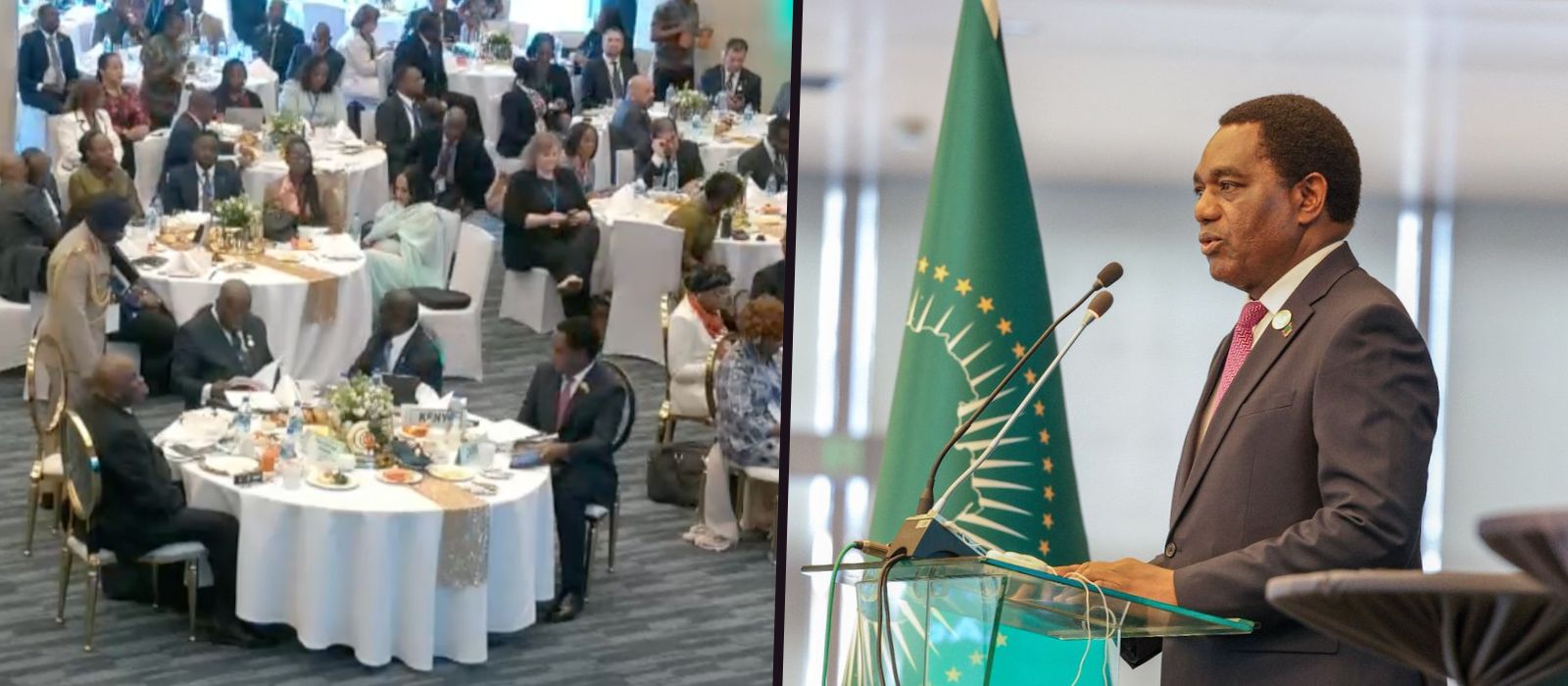
African leaders are spearheading efforts to establish indigenous financial institutions, aiming to address the continent’s challenges within the global financial system. This initiative, discussed at the recent President Dialogue by African Heads of State and Government and African Multilateral Financial Institutions, emphasizes the urgency of creating the African Union Financial Institutions (AUFIs), including the African Central Bank, the African Monetary Fund, the African Investment Bank, and the Pan-African Stock Exchange.
The dialogue highlighted Africa’s agenda for global financial architecture reform, focusing on debt management, concessional finance, Special Drawing Rights, and green industrialization. Additionally, the Alliance of African Multilateral Financial Institutions (AAMFI), also known as the Africa Club, was launched to address financial inadequacies and facilitate access to essential financing mechanisms.
President Nana Akufo-Addo of Ghana emphasized the importance of strengthening African institutions, proposing that a significant portion of foreign reserves be invested in regional financial entities. He also called for an Annual Economic Summit to accelerate actions toward financial independence.
President William Samoei Ruto of Kenya emphasized the need for collaborative efforts to unlock Africa’s renewable energy resources and establish green industrialization facilities. President Hakainde Hichilema of Zambia echoed the sentiment, stressing the importance of accurate valuation of African assets to access financing.
The Deputy Chairperson of the African Union Commission, Dr. Monique Nsanzabaganwa, underscored the significance of establishing African financial institutions to foster inclusive growth. Economic statistics revealed the urgency, with 23 African countries facing financial distress and three defaulting on their debts.
The Alliance of African Multilateral Financial Institutions aims to advocate for Africa’s interests in global finance forums and promote sustainable economic development. The formation of these institutions signifies Africa’s resolve to shape its collective financial destiny and assert its rightful place on the global stage.
Moving forward, African leaders are committed to accelerating domestic resource mobilization, reducing reliance on foreign capital, and increasing intra-Africa trade. They are advocating for more concessional finance, a fairer debt framework, and climate finance to achieve the continent’s development goals. Additionally, African policy institutes will play a crucial role in establishing these financial institutions and advancing Africa’s economic transformation agenda.


